Hi Friends,
Here is another conversation to commemorate the passing of the theologian Jürgen Moltmann, this one with friends of the podcast— Old Testament Professor Rolf Jacobson and Theology Professor Ruben Rosario Rodriguez.
Segway!
Ruben was my TA for a theology course at Princeton and had a hand in teaching me Karl Barth.
We are closing out our study of Karl Barth and the Barmen Declaration tonight with Thesis 6.
If you’d like to join us live, here is the link. 7:00 EST
Show Notes
Summary
In this conversation, Rolf Jacobson and Ruben Rosario discuss the life and work of Jurgen Moltmann, a prominent theologian who recently passed away. They explore Moltmann's influence on 20th-century theology, his engagement with liberation theology, and his redefinition of eschatology. They also discuss Moltmann's theology of hope and the crucified God, as well as his rejection of traditional theistic categories for deity. The conversation touches on the problem of innocent suffering, the role of the church in the world, and the challenges of biblical theology. They also reflect on the historical context of Nazi Germany and the need for resistance in the face of authoritarian rule. In this conversation, the hosts discuss the theological contributions of Jürgen Moltmann and his impact on progressive Christianity. They explore Moltmann's views on the doctrine of God, Trinity, and the political consequences of Trinitarian thought. They also touch on Moltmann's response to the accusation that he rejects the impassibility of God and his emphasis on the moral character of God. The hosts discuss Moltmann's influence on ecumenism and his understanding of hope as a central theme in theology. They also examine Moltmann's approach to biblical interpretation and the role of prayer in the ministerial life.
Takeaways
Jurgen Moltmann was a prominent theologian who had a significant impact on 20th-century theology.
Moltmann redefined eschatology as the fullness of time towards which God is moving creation.
His theology of hope and the crucified God explored the meaning of resurrection and the suffering of God.
Moltmann rejected traditional theistic categories for deity and emphasized the need for a biblical theology.
The conversation also touched on the historical context of Nazi Germany and the importance of resistance in the face of authoritarian rule. Moltmann emphasizes the moral character of God as the core reliability on which to ground our understanding of God.
Moltmann's theology is missionary and public, concerned with the future of all creation.
The prophetic imagination is about resisting secular ways of thinking and discerning hope.
The gospel's first work is to deconstruct all of our systems and bring us to a place of freedom and following God.
Prayer is central to the ministerial life and involves getting involved with the reality of God's agency in the world.
Sound Bites
"God is moving creation towards a fullness."
"The crucified God is the fullest disclosure of God."
"The crucified God is where God has promised to meet you and bring you to new life."
"What is unchanging in God is God's moral character."
"Israel's no does not make it a witness in history to God's judgment."
"Scripture is its own interpreter."



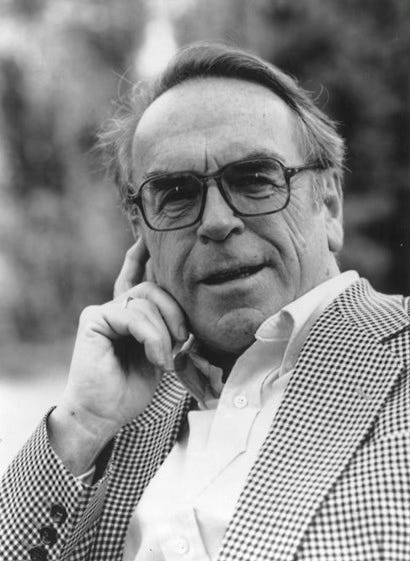
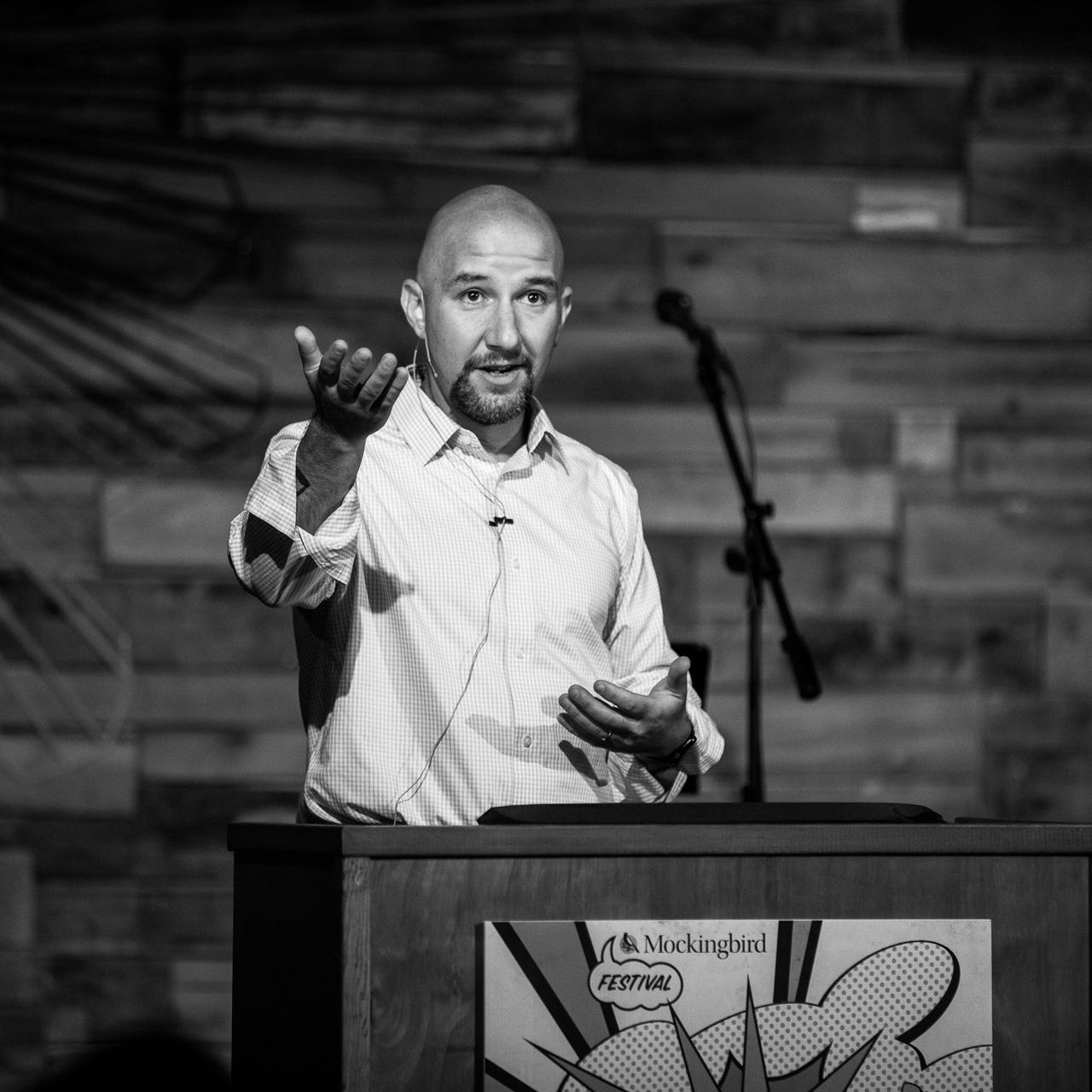


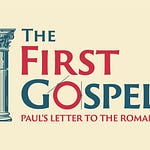

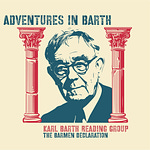
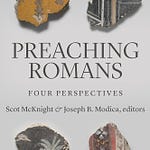
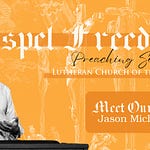



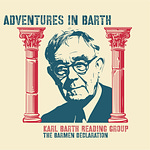

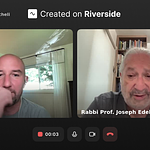
Remembering Jürgen Moltmann: Part Two